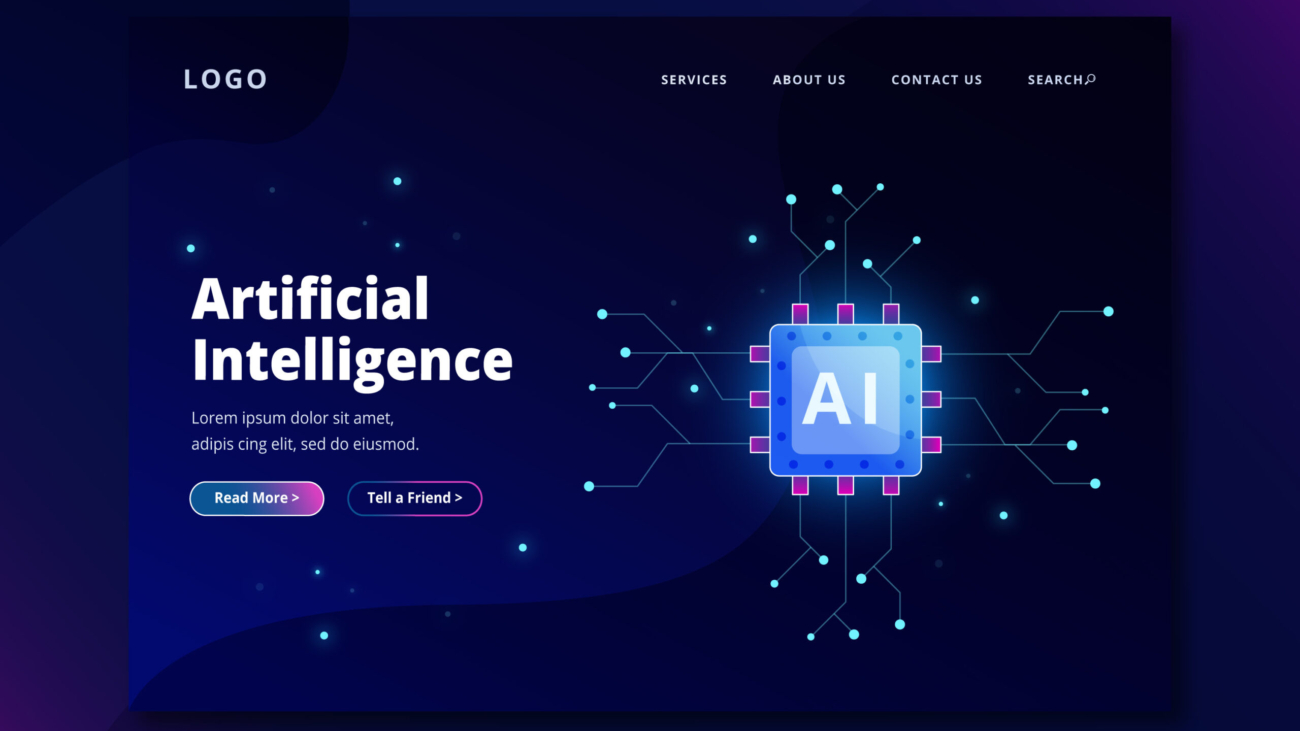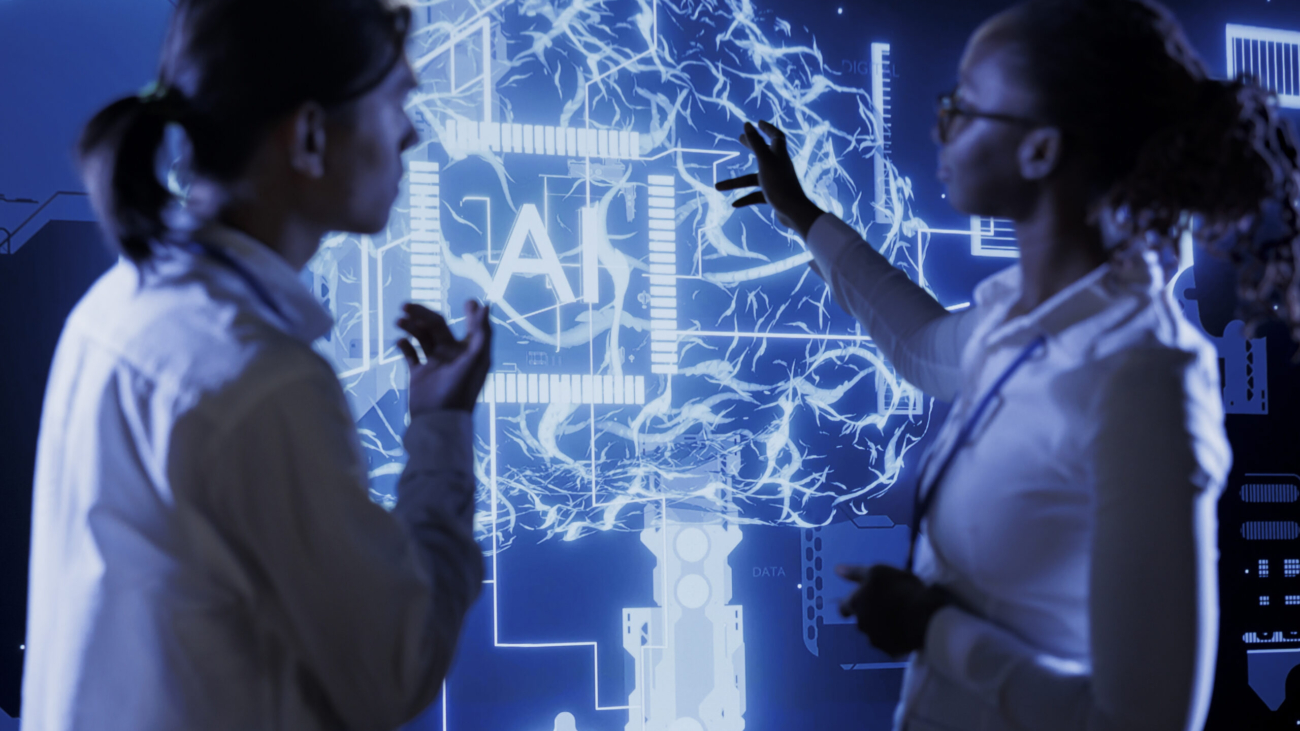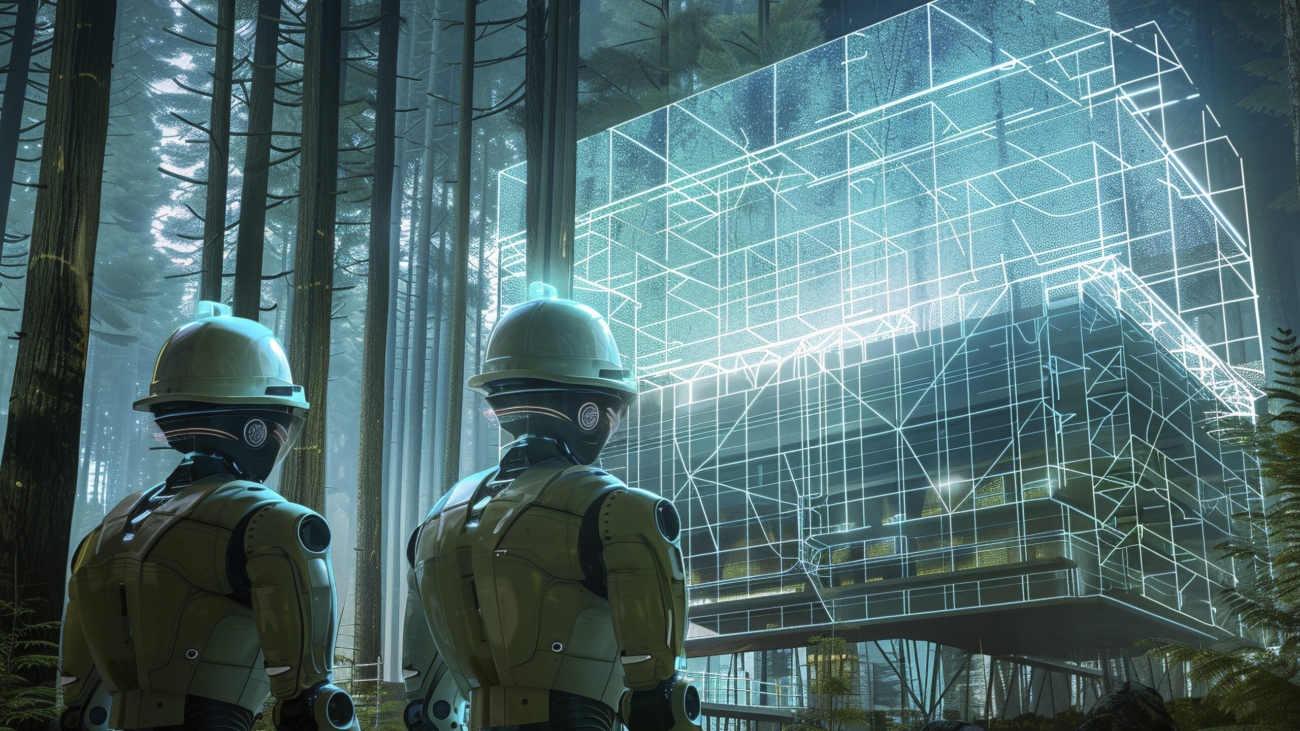It seems like the era of artificial intelligence (Al) has reached a few of the industries, and is also a runway to enter web design ones. AI incorporated for Web Designing AI technology is progressively redefining how sites are developed, maintained and optimized. Designers can use AI to improve the user experience across workflows and help create more tailored, faster web solutions. We will consider what features of AI are changing the game in web design.
Automating Design Processes
Automation Automation is definitely the most impactful effect of AI in web design From automation standpoint, numerous repetitive and mundane work can be easily automated giving designers more time to spend on creative side of things.
AI-Driven Design Tools
Adobe Sensei and Canva are examples of AI-driven design tools that use machine learning algorithms to help the users in creating visually appealing layouts. Color schemes, fonts, design elements based on the newest design techniques and trends these tools can suggest almost everything a user needs to improve a landing page.
Automated Code Generation
The development process can also be significantly accelerated if AI works together with humans-code can be automatically generated by AI. Platforms such as Wix ADI and The Grid leverage AI to design entire sites — based on user input and desired styles. This also allows for faster website generation (lower time to first byte) but also guarantees well-written, optimized code.
Enhancing User Experience
Web design user experience (UX) is a main part that can be improved by AI. Design intuitive, personalized user experiences using AI to measure user behavior and preference.
Personalized Content
User data can be processed with AI algorithms in order to provide tailored content and recommendations. AI-aided, for example, can proposed product, article or service of the mostly viewed way user have ever see it This greatly improves the user engagement and happiness level.
Virtual assistants and chatbots
Real-time support and assistance for website visitors automatically suggested by chatbots and virtual assistants trained on AI. These AI tools can process a lot of tasks from simple FAQ ie answer repeated questions to guiding user through multistep complex processes. Chatbots make the user experience even better, they give lightning fast and accurate responses a reduce overall work hours for human support teams.
Improving SEO and Analytics
SEO and web analytics Used to SEO which is for driving traffic and also user behavior based understanding as well. Thus, AI has been proving itself to be incredibly useful in these areas by offering more profound feedback and handling several SEO functions.
AI-Powered SEO Tools
The example of these are Moz, Ahrefs, SEMrush which are main AI powered SEO tools and uses algorithms to understand search engine algorithm user behaviour through machine learning. They help you find relevant keywords, recommend on-page content improvements and optimize the technical aspects to enhance rankings in search engines.
Advanced Analytics
AI-enabled analytics platforms can analyze large volumes of data to reveal commonalities and patterns which are in-observable through traditional means. AI is very useful for web design in light of giving answers for the accompanying challenges: To get to genuine business measurements that speak volumes about client behavior, traffic sources, and change rates.
Streamlining and Testing
Web design comparison for testing: One essential part of web design is testing different versions of a webpage to see which performs better. You can see how AI can make this process a whole lot smoother, even taking it a step further by auto-generating A/B tests!
AI-Driven Testing Tools
With AI-powered testing tools, Web pages can be tested in multiple ways, with several versions of a single page created automatically by an artificial algorithm that not only learns from the user and their actions on it but analyzes collectively what statistics are statistical to give you an efficient result. In this way, it accelerates testing, and also guarantees the quality of results supported by a solid statistical method of analysis.
Conclusion
How AI changes web design. AI is automating design processes, improving user experience, enhancing SEO and analytics, as well as streamlining A/B testing methods to help designers in creating more productive and convenient websites. The actual design possibilities will only expand farther into the truly creative with more sophistication brought by AI technology and its advances in use cases developed for web design. Integrating AI into web design improves the design process as well as results in websites that perform optimally and respond to the desires of users.



